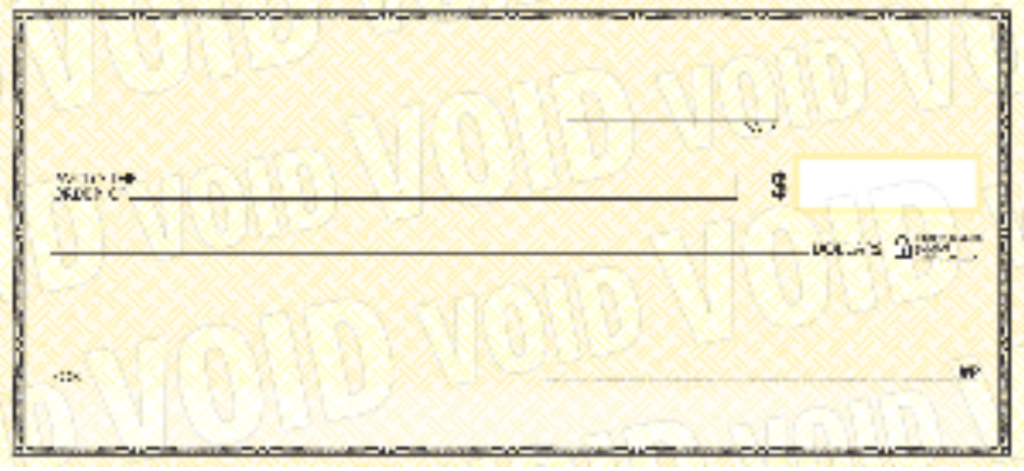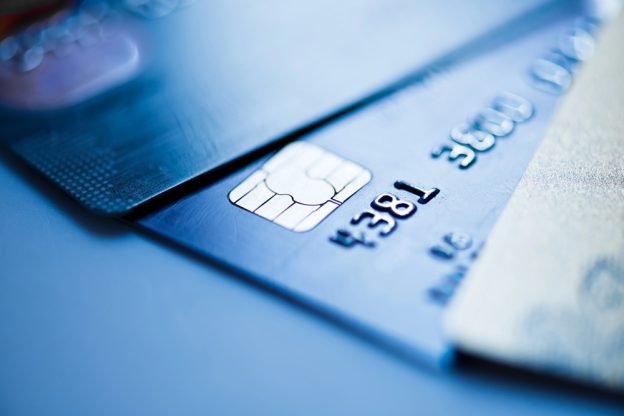In today’s fast-paced world, the way we pay for goods and services has evolved. Credit cards dominate the checkout line, while paper checks may seem like an old-fashioned option. However, both methods of payment have their own advantages, and the best choice often depends on the situation, your spending habits, and your financial goals. Let’s break down the pros and cons of checks versus credit cards, so you can make informed choices about your money.
The Case for Checks

Despite the rise of digital payments, checks remain a reliable option for many people and businesses.
- Better for Large or Formal Transactions: Writing a check is often preferred when paying rent, tuition, or large bills. Unlike cash, checks provide a clear paper trail. This is helpful for individuals tracking household expenses and businesses monitoring cash flow.
- Low or No Fees: Writing a check often avoids processing fees that can come with credit cards. This makes them attractive for larger transactions.
- Security Features: Modern personal checks and business checks are designed with advanced security features, like watermarks and microprinting, that help protect against fraud.
- Lower Risk of Overspending: Unlike credit cards, checks draw funds directly from your account, making it easier to stick to a budget.
- Customizable: Ordering personalized checks from CheckWorks lets you reflect your personal style or maintain a professional business brand.
Checks may be slower to process than electronic payments, but their dependability and built-in recordkeeping still make them a favorite among many households and companies.
The Case for Credit Cards

Credit cards have grown in popularity due to their speed and convenience, but their benefits go far beyond that.
- Instant Payment: No waiting for funds to clear, credit cards process transactions right away.
- Rewards & Benefits: Many cards offer cash back, airline miles, points, or travel perks.
- Fraud Protection: Credit cards often provide zero-liability protection, meaning you’re covered if your card is stolen or used fraudulently.
- Builds Credit History: Responsible use of a credit card can help establish and improve your credit score.
- Convenience: Credit cards are accepted almost everywhere and eliminate the need to carry a checkbook.
Of course, credit cards also come with risks. High interest rates can trap users in debt if balances aren’t paid in full.
Downsides to Consider
Neither option is perfect, and understanding the drawbacks is key.
- Checks: While secure, checks can take longer to clear and may require physical mailing, which isn’t as convenient in a digital-first world.
- Credit Cards: The convenience of swiping can lead to overspending. Carrying a balance also means paying interest, which can add up quickly.
Which Should You Use?
The truth is, checks and credit cards each shine in different situations:
- Use Checks: When making large, formal payments, needing detailed records, or projecting professionalism for your business. Ideally, paying rent, utilities, or vendors that prefer paper records. They’re also a smart choice when you want to avoid transaction fees.
- Use Credit Cards: For everyday purchases, online shopping, or when you want to take advantage of rewards and protections. This includes everyday purchases, travel, and when you want to earn rewards, but only if you can pay off your balance monthly.
The Bottom Line
Neither payment method is universally “better.” It all comes down to how you manage your money. If you value budgeting and security, checks may be your go-to option. If you’re focused on convenience and rewards, credit cards might be the winner. For long-term financial health, consider a mix: rely on checks for dependable recordkeeping and credit cards for convenience and rewards.
No matter your preference, having both payment methods available is the smartest strategy. And if you’re ready to stock up, Checkworks makes it easy to order personal checks for your everyday needs or business checks to keep your company finances professional and secure.

